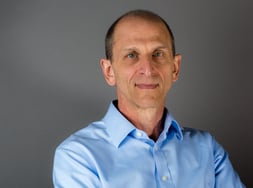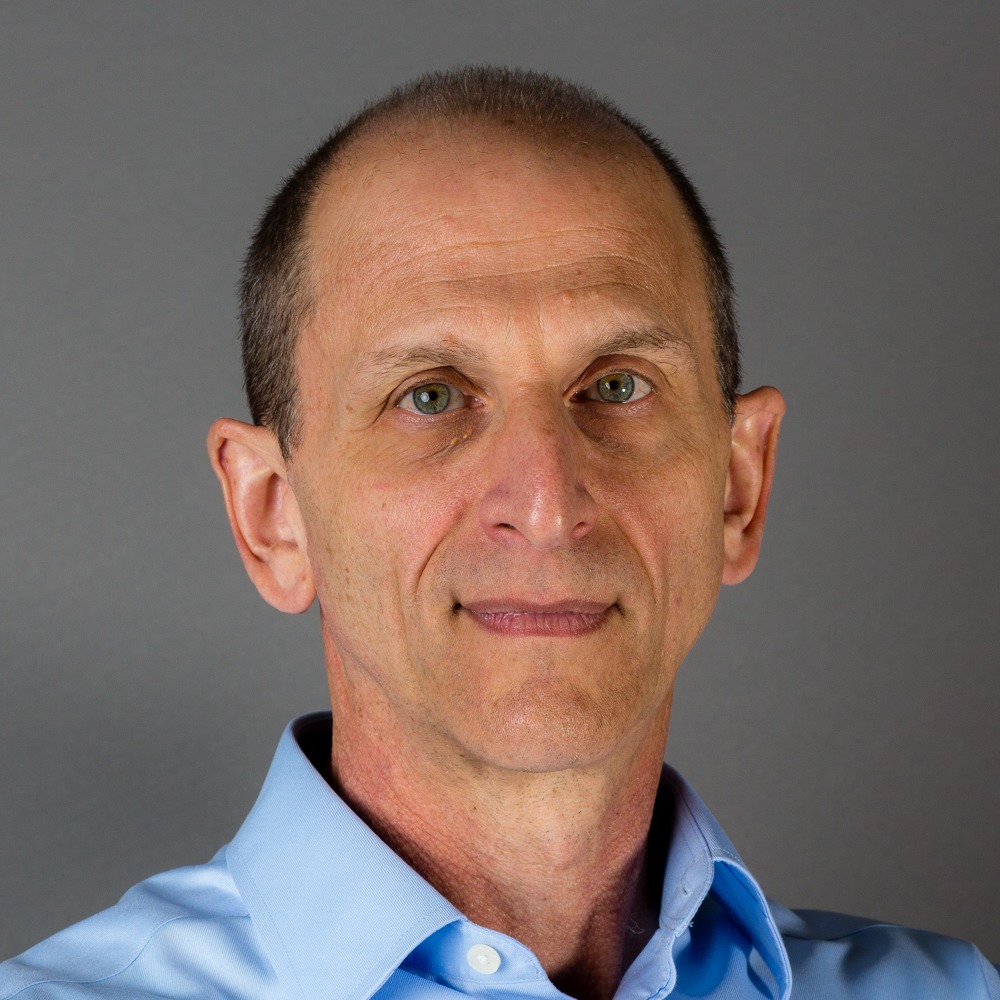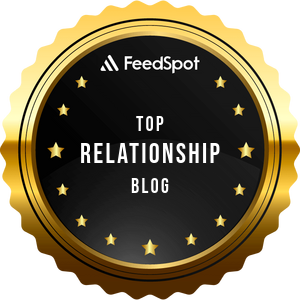
How to cope with the realization that you may be like the parent who hurt you.
Are you like the person who most hurt you growing up?
Most of us carry some form of injury from one or both of our parents. For some of us it’s on the more serious side of the continuum: We were physically abused, sexually molested, or seriously neglected.
For others, the injury was more subtle but left its mark nevertheless, taking root in our internal narrative and causing us to make internal oaths not to be like one or the other of our parents when we grow up and have children ourselves.
Our parents were either too strict or not strict enough, they overcontrolled us or didn’t seem to pay attention to what we needed, they lived in their own private world or tried to live their lives through us.
Whatever the particulars, the general message is that most of us are living at least partially in reaction to our childhood, trying to do it differently. This is an important part of our evolution as a species.
Last month I wrote about psychic inheritances, and I think part of our job as responsible humans is to clean up as much as we can from what we inherited so we pass less on to the next generation.
The beginning part of this process typically is to set up a parent as an internal example of how we don’t want to be — not so narcissistic, not so controlling, not so (fill in the blank).
We develop a sense of our individuality and our moral stature by comparing ourselves (always favorably) to the parent who lacked so much.
I think this too is a necessary part of the process, giving our developing sense of self contours and sharpness as we define our foreground against their background.
But we can’t stop there if we want to become fully functioning, whole adults. A necessary stage in our development — and many of you are going to hate to hear this — is to recognize how we are like the parent who hurt us the most.
It doesn’t necessarily mean that if your father molested you that you have to admit you are a potential molester too. It’s not so concrete as that.
But perhaps you do share other characteristics with the offending parent even while you have attempted to reject them so completely.
I think it’s very important to discern the way we’re like the parent who drives us crazy for a couple of reasons.
-
First - it humanizes them. By seeing that we have some of those things in ourselves they cease to be this terrible, two-dimensional other and become a more relatable part of humanity.
-
Second - when we recognize these qualities in ourselves we understand that when they were directed against us by our parents it wasn’t personal. It was an issue our parent struggled with, just as we do, albeit in a usually more subtle form.
-
Third - if we’ve been struggling with feelings of victimization, it reduces them because we see that we too are capable of hurting others, just as we have been hurt.
-
Fourth - when we humanize our parents and take ourselves down off our own self constructed pedestal, the world becomes wonderfully more ambiguous and real. It creates a maturity in our outlook and a greater tolerance for others.
- Fifth - if we hope to become ever more whole and integrated humans, we need to find space within ourselves for all the parts we once rejected, including those aspects of our parents which once wounded us as vulnerable children.
Reclaiming the gold from this darkness is possibly the greatest legacy our parents can bequeath us.
If you're struggling with qualities you've inherited from your parents, we're here to help. Check out our Imago Relationship workshops and therapy.
Discover more about Imago with our Imago Professional Membership, Imago Professional Facilitators and Imago Professional Training.
 This blog post was written by Josh Gressel, a clinical psychologist and certified Imago therapist in practice in the San Francisco Bay Area.
This blog post was written by Josh Gressel, a clinical psychologist and certified Imago therapist in practice in the San Francisco Bay Area.
He is the author of Embracing Envy: Finding the Spiritual Treasure in our Most Shameful Emotion (University of America Press, 2014) and "Disposable Diapers, Envy, and the Kibbutz: What Happens to an Emotion Based on Difference in a Society Based on Equality?" in Envy at Work and in Organizations (Oxford University Press, 2017). He has just completed a book on masculinity. Check out Josh's website: joshgressel.com



